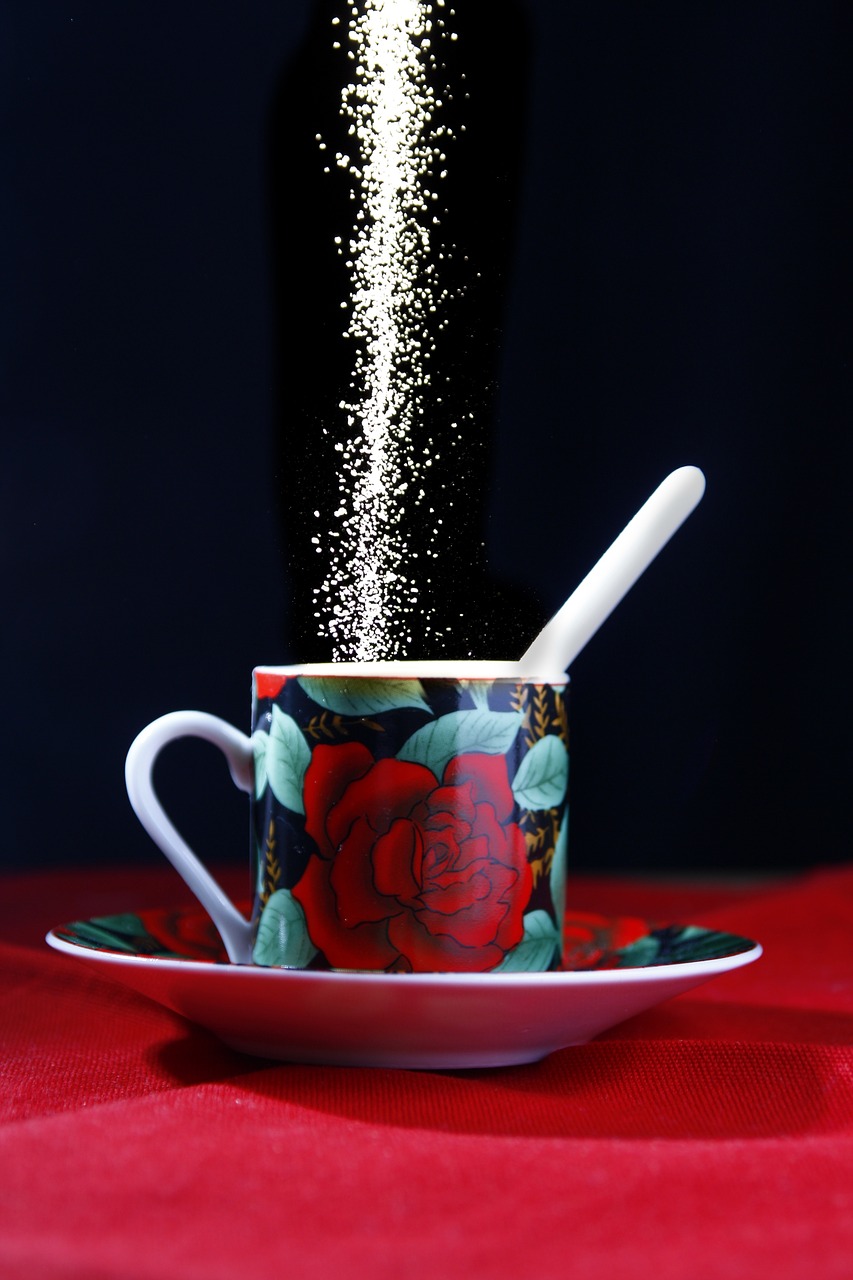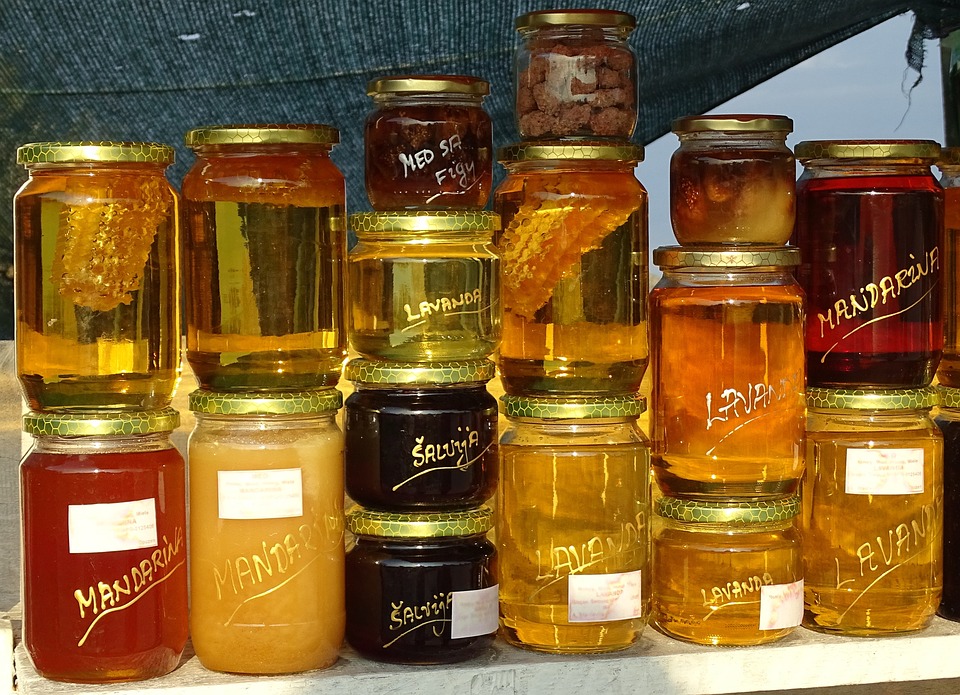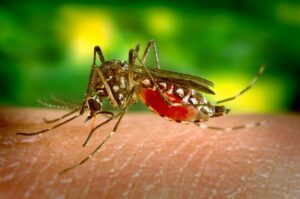Low-Calorie Sweeteners can Increase the Risk of Type-2 Diabetes

By Subhra Adhikari, MSc. NHI – February 4, 2020
Many of you might have a habit of adding low-calorie sweeteners in beverages to have a check on the total calorie input. These artificial products are used in place of sucrose, glucose, or fructose by diabetics and health-conscious individuals. They impart an intensely sweet taste to food products without adding any calories to it. Studies suggest that in the last two decades, there has been approximately 200 per cent increase in the consumption of low-calorie sweeteners (LCS) by children, and around 54 per cent increase among adults. Now, the hard truth is that artificial sweeteners, in spite of checking on the weight gain, have many adverse effects on the human body.
How does prolong use of low-calorie sweeteners affect human metabolism?

A research team from the prestigious University of South Australia have also come up with the startling fact that continuous use of these sweeteners can increase the weight of individuals instead of reducing it. They also increase the risk of type-2 diabetes in the long run.

The primary reason behind this finding is, LCS can alter the population of gut bacteria which in turn affect health. Moreover, people using artificial sweeteners do not actually reduce their overall sugar consumption. They feel psychologically motivated that they can indulge in their favourite fruits and drinks laced with low-calorie sweeteners as much as they want. It finally increases the total carbohydrate consumption of the body.
What is the history behind the invention of low-calorie sweeteners?
The first artificial sweetener- saccharin was developed in 1879. Studies suggest that it is 300 times sweeter than sucrose, and the primary reason behind its production was the rationing of sugar in the days before World War I and World War II. There was an intense shortage of sugar production throughout the world, so industrialists developed chemical sugar to take the place of natural sugarcane products.
During 1970, the FDA warned people against the use of saccharin as a Canadian study established its linkage with bladder cancer. The FDA instructed saccharin manufacturers to issue a public warning about the use of their products, as they lead to cancer during laboratory testing on animals. However, this warning is no longer valid as further tests could not establish a direct relationship between the occurrence of malignancy and consumption of LCS in mice.
What are some of the common low-calorie sweeteners prevalent today?
Have a look at some of the common low-calorie sweeteners currently available in local pharmacies or general stores.
- Aspartame- It is 200 times sweeter than sucrose and available under the names NutraSweet, Equal, or Sugar Twin.
- Acesulfame potassium- It is also 200 times sweeter than table sugar and commonly used as an additive in baking and cooking. You can find it in the market as Sunnet or Sweet One.
- Advantame- This LCS is approximately 20000 times sweeter than table sugar.
- Neotame- This sweetener is 13000 times sweet than sucrose and available as Newtame.
- Sacchari- It is 700 times sweeter than table sugar and available under the brand name Sweet’N Low, Necta Sweet, or Sweet Twin.
- Sucralose- It 600 times sweeter than sucrose. You can use it in cooking, baking, and mixing with acidic food products.
What are some natural alternatives to sugar?

By now, we all understand that sugar is responsible for numerous adverse health effects, including unintentional weight gain, uncontrolled glucose for diabetics, and prolonging the recovery time from infections. In such a scenario, it is better to switch over to some other natural alternatives which behave better with our system than sugar. Stevia, extracted from Stevia rebaudiana leaves, Yacon syrup, honey, molasses, and maple syrup are better for the human system than sucrose.
Finally, we can say that too much sugar in any form is bad for human health. However, artificial sweeteners are equally dangerous; so, it is better to remain cautious and cut down sucrose consumption to lead a healthy life.








